|
Ever wondered about inspiration and how to keep being inspired by life? This Blog is a simple philosophical discussion about enjoying inspiration in your life - a skill that can be learned and how it might start with awareness and acceptance of the end. COMPLEX CULTURE The culture we live in is complex and is comprised of millions of people, each with their own vivid imaginations and interpretations of life, partly informed by their experiences (nurture) and partly by their genetic makeup (nature). Each person is trying to be happy in their own way. A MODEL FOR WELLBEING? There are infinite ways in which one might feel a sense of well, but largely people equate this with happiness. At the root of this is a sense of connection with something in life that feels enriching and fulfilling. This is unique to each individual. HAPPINESS THEORY Happiness is a tricky word because everyone sees it differently. My friend Mark calls it ‘have-peace-ness’ to imply that happiness is more than just a fleeting emotion. Theories of happiness, like the PERMA model (Positivity, Engagement, Relationships, Meaning, Accomplishments), propose that by focusing on certain attributes of life, in a certain way, happiness will more likely occur - it states: “Find the things that make you happy and can make you fully engaged. You could even put goals to achieving more and challenging yourself in the activities you enjoy. Focus on your relationships with your family and friends by finding ways to connect and enjoy each other's company. Find the meaning to your life and what gives you a sense of purpose, it’s different for everyone.” - PERMA model website NEEDS This is not quite as simple as it sounds. Humans’ primary needs are always around survival. After that it depends on the unique and individual nuances of psychology to find a sense of belonging, self-esteem and self-actualisation, which is where a sense of meaning to life becomes important. “As each individual is unique the motivation for self-actualisation leads people in different directions. For some people self-actualization can be achieved through creating works of art or literature, for others through sport, in the classroom, or within a corporate setting.” (Kenrick et al., 2010) Maslow (1962) believed self-actualisation could be measured through the concept of peak experiences. This occurs when a person experiences the world totally for what it is, and there are feelings of euphoria, joy and wonder. IS IT WORTH IT? If one struggles to find ‘meaning’ it could lead to a focus on problems, pessimism, hopelessness and negativity. This mindset will then look for ‘earthly value’, instead of a deeper meaning - a sense of ‘what’s it worth?’ This is where the ego comes into play (the part of the mind that forms the image who you think you are - your identity). The ego sometimes thinks that being perceived as ‘important’ (by oneself or by others) is a good indicator of value, because of the positive emotions it gives in the short term. Yet in the long term this can lead to a life based only on achievement, future thinking or being externally validated, which can be very hard indeed. At some point one will be forced to ask deeper questions about the purpose and direction of one's life. “Life ... is a tale
WHAT’S IMPORTANT? Alan Watts notices how music is all about the ensemble and celebrating all parts. However, because the human mind loves drama and story it will seek it by looking for deeper complex story, meaning and to establish a hierarchy of what is ‘important’ and what is no. What is good and what is bad? This is reflected in our culture and people around you. These will be about self interest and largely based on fear, insecurity or worry that they won’t be ‘successful’ or that we are doing things in the ‘wrong’ way. LOVE VS FEAR The opposite of that is love - to have gratitude for what is, to appreciate each other and celebrate differences. To let each other experience and express themselves as they are. This doesn't mean we let people do things that are harmful to one another, no - that’s why we have laws and communities, to protect each other from actions borne from fear, which in turn fuels anger, grief and shame. COLLECTIVE FEAR The collective fear is the impression that our deep desires for beauty and love are liabilities -they are dangerous, selfish, indulgent and stupid. If we put them first then we will ignore the needs of others and the practical requirements for a life. We will be lazy slobs! These are legitimate concerns, yet we can also balance that in remembering that fear can be easily disguised as practicality. STAY IN LOVE Jim Carrey suggests that if we find the balance,by letting our inner selves shine, by finding what is inspiring inside, if we choose things more from our playful hearts, then we might find a nice surprise. if we stay in connection with what we love then we will naturally develop compassion and the desire to help others, because happiness is more vivid when shared and we can only be partially happy if we are not including the world around us in it. When we look out into the world and see others in pain we will be inspired to help. Organically created, this derives from an inner sense of inspiration, instead of external sense of egoistic value or importance. 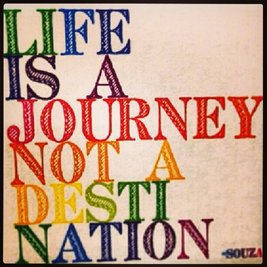 WHEN WE ARE STRESSED Depression, apathy, limiting self-beliefs, anger or anxiety can hinder inner connection, intuition and inspiration as much as thoughts of greed and expectation can. Yet at the same time these emotions are helpful - they are signposts that require you listen carefully. And when opened up and looked at skilfully the thoughts of need and expectation can also be teachers, gifts and helpful. The trick is to ask good questions of the body and the mind (which are of course all part of the same single being). The unskillful way is to become impotent by thinking his is important, that one needs to do something. HOW TO WIN AT LIFE So we’d like to relax this need, right? Because acting from a state of emotional overwhelm is always problematic, or egoic thought , which is all based on fear for survival, - it is incredibly draining for you and or others, it creates negativity and a world of ‘needs/should’,or fear, obligation, guilt - a FOG of confusion. Positive thought is fuelled on creative endeavours, with a letting go of need. When we act from this we gain energy, inspiration, appreciation and love. So my theory of winning or success is the realisation of asking the question, in each moment, What’s Inspiring Now (WIN)., or what do I need, how do I feel, how do you feel, what might they be needing… this is empathy and it can be directed inward or outward. Asking these questions repeatedly leads you to reprogram the mind to focus on being the change you want to see in the world, rather than running from the things you hate or fear. On some level it requires an inner confidence, a trust, which can only be created in feeling inside, for a length of time, whilst letting go of negative thought. Only then may one express honestly. MINDFULNESS One can wait for life to threaten our life in order to see this truth, through stress or pain or illness, or one can delve inside to discover it before that happens - to take preventive care, in the same way one brushed your teeth before you experience tooth decay. Meditation is this kind of practice - is is the art of listening, in non-reaction and non-judgement. It is designed to cultivate the art of intuition, which leads to more inspiration. When we are in contact with our bodies, with a calm mind, we can better realise, What’s Inspiring Now. We can also notice our emotions, like fear, with more curiosity and perspective. This leads to the ability to respond, rather than react. The ability to channel emotions positively and to adopt positive attitudes, even when one thinks ‘life is pointless’. This is a simple choice to feel into each moment of the dance, or the journey, to see that the journey is the destination - the moment is the point. When we keep returning to it we can more successfully stay in love, stay connected and stay inspired.k If you are interested in learning more and practising mindfulness please contact me and arrange a drop-in to one of my classes, or set up a one to one session.
0 Comments
Executive summary, for those short on time: Spirtuality is: 1. A word, created by a thought 2. A transient, powerful and intangible beauty 3. Connection to the open intelligence of being . Since we compulsively over think we create a world of problems and suffering. By connecting to your being will put you in touch with inspiration, instead of external validation, but only when you are ready - when you really want it and are prepared to let go of the things you think you need. You can’t force it, so for now just enjoy where you're are and relax in the knowing that you can either indulge thinking or begin at once to re-balance your mental state towards being - either way you’ll be ok, in a spiritual sense. The full article. I ask myself regularly ‘who am I?’ ‘What am I doing? And then I realise I am seeking the answers to these questions with my thinking mind, which goes outward, searching for external validation, through my work, or my social networks, through art or through sensual delights. Inspiration is what I’m looking for and the clue is in the word: IN-SPIRATION. It’s about going inwards towards spirit. But what is Spirituality? Here is my long-winded definition, in the hope that it reminds us why it is useful to revisit, from time to time. SPIRITUALITY IS... 1. A WORD, CREATED BY A THOUGHT. First we must have awareness that this is simply a word - a human mental concept and creation. It is NOT reality, it is a map of reality, a representation using the English language. The term spirit comes from definitions like "animating or vital principle in man and animals". It is derived from the Old French espirit, which comes from the Latin word spiritus (soul, courage, vigor, breath) and is related to spirare (to breathe). But Reality is more than words, it is vibrating matter, felt through experience. Any concept like 'spirit' is only an idea. All ideas stem from an ideology -with inherent beliefs. Each person sees the idea with their own set of background beliefs and understandings, so the word is interpreted slightly differently each time. Thus reading this article will only give you a mental understanding of spirit. To really understand you must experience it. Nonetheless I will attempt more words to express how I see spirituality.  LA RIVER LA RIVER 2. A TRANSIENT, POWERFUL AND INTANGIBLE NATURAL BEAUTY An ever-moving beauty that, if captured, squeezed or forced to act differently, either destroys vanishes (although It is still there, but it is no longer tangible or visible by your mind or senses). If one wishes to experience the beauty one must let it flow and arise in its own time. I love the idea “You cannot capture a river, for it is always moving.” Once you contain and control it you change it - it is no longer a river, it is now, a lake of still water, with less life force. A wild phenomenon or animal has spirit, partly because it is in the wild, it is untamed. You can watch and appreciate the beauty, get even closer and you can be touched by this river, but get too fixated by its beauty and you will be overwhelmed. NATURAL BEAUTY The main beauty of that river is only experienced when it is in its natural setting, flowing and interconnected with the wildlife and landscape - if you try and stop it or change its course too harshly you will destroy its transient beauty (as shown in the LA river). You may also want to appreciate the wildlife within the river, watching the life of nature. An example of this art form is ‘fish tickling’; which requires an openness, a stillness, a letting go of 'grabby' need and a moving towards play and trust - one hopes a fish will come along and one knows that the most skillful thing to do is remain still and open and to enjoy the waiting, in the knowing that even if a fish doesn't tickle me today there is always tomorrow and the old adage “there are plenty more fish in the sea.” This is an attitude of gratitude and abundance, which will create patience and joy. Whereas If one is agitated and forces oneself to wait it is likely this will manifest tremors in the hand, and the fish will see this as a trap, they will feel the expectant mind and they will swim away. Same with the river - we can trust that it will change in flow, over time, but that it will continue to flow, finding the path of least resistance, and in that is beauty. POWER IN SPIRIT If one wants to harness the power of this life force then one must first study it closely, consciously (The word ‘con-science’ means 'with study' in its original Latin). It is essential to know the history of the river by studying its banks and changing flows. The river can be fished with these observations and with skills learned by spending time with the river. Its raw power can be be directed and influenced to help us in life, but not without care and understanding. Any natural phenomenon like this is in a complex interdependent relationship with life and so one must proceed slowly if one wants to respect these organic relationships. If we lose touch with the nature of this wild force, or if we forget about its inherent beauty then we will eventually destroy the life that makes it beautiful and valuable or it will destroy us with its suppressed natural power. Either way we suffer if we force the spirit to comply to our will. 3. CONNECTION TO THE OPEN INTELLIGENCE OF BEING. With practice we develop mastery. If you practice appreciation of transient and intangible beauty through feeling and enjoying (rather than controlling, or just talking about it and thinking) then you master the art of inspiration - the ability to more easily connect with the spirit inside yourself. Spirituality is often thought of as connection to something greater than ourselves, but what if that 'greater thing' was insider you? To see a World in a Grain of Sand This poem hints at where we can connect to truth, power, beauty and understanding - in the felt experience of the moment, inside. This is where intelligent life flows from - somewhere at the centre of your being. Not a place but a connected movement. The intelligence that constantly emerges from the synergy - the collection of multiple interconnected parts that work in harmony, with no master. It is more than the sum of its parts.
This kind of intelligence is less about mental knowledge and more about wisdom (experiential knowing). Any attempt to represent or record it will be inferior to the direct experience of it. It can only be known in brief moments. In those moments a skillful way of being emerges; a power to trust, to have compassion, presence, vitality and love. This cannot be documented or proven, only experienced. Isolating variables to create models of happiness always fall short because they lose touch with the artful nature of spirit. But with practice we can dip in and out of this knowing with growing ease. Much like a skilled naturalist we are more able to connect with spirit when we understand it - and it will then be more available to us, because of awareness, practice, appreciation and trust. HOW DOES THIS RELATE TO THINKING When we encounter difficulty we are conditioned to turn to the rational mind to make a decision. Where spirituality is concerned the 21st century mind will often choose from one or the other (a binary); to move towards more either thought (analysis, ideas, judgements and quantifiable evidence) or towards spirit (which has no evidence, because it is transient. It doesn't take any credit for creation). BALANCE Developing balance is something that requires experiencing each side of something. It is only through the contrast that we find the right balance for oneself. Which is why each individual explores thought - goes round in circles of analysis, philosophy, moralising and trying to be right. Eventually one will come to the conclusion that thought is useful for creating external things (like cars or houses) but that it cannot connect is to the reasons to live, it cannot provide the deep inspiration to live a beautiful life, with wisdom. Similarly, relying only on a deep inner connection to spirit, without practical knowledge will be unbalanced with the nature of social and physical reality and lead to physical problems. BEING GOOD VS BEING YOURSELF Once one finds a balance that feels good one does not need to ‘try’ and be good or compassionate one can just let it flow naturally from connection to spirit. Written down that may appear incredibly naive and perhaps dangerous. Again, one can only experience it. THE COLLECTIVE BALANCING Modern life has been dominated by thinking, recently. That dominance (unbalance) has fixated us on the creation of external stimuli with the belief that ‘technology and mental intelligence will be our salvation’ and continue the 'race'. This belief fuels all the systems of living we now experience. We use rigid rules and words based on quantifiable things. We consume or create things to feel good. We do things, rather than simply be in our selves. Thinking is generally being over used and compulsive. Eventually this creates distrust, problems, fear and more rigid beliefs. The mind becomes sick with compulsive negative thinking and we drive ourselves gradually towards self destruction. Or towards a re-balancing... OPTIMISTIC OR OPTIMISING Perhaps though our nature will in out and we will reach a threshold where we naturally choose to rebalance the spirit/thinking equation (one way or another). This is an individual journey that then feeds into a collective (general) state. Because life is all about balance - homoeostasis. Is this optimistic or just a recognition of the optimising nature of life? What goes up must come down. We are finding the balance in this dance and so when we are ready we come back into being and connect with spirit once again. This will happen for as long as feels right and then we will get lost into thinking once again, then spirit, then thinking... in, out, in, out... until, death. THE CONCLUSION Death will happen and it will either return the spirit to the ether, ready to be reformed again into transient beauty (f that's what one chooses to believe) or it will just the end of life, in which case, no worries. The eternal sleep will be nothing to experience so cannot be good or bad. In the meantime, during your life experience and balancing, if spirit is something you are curious about then come and play with a spiritual practice like mindfulness - drop me an email. If you are enjoying your thinking mind then great - learn and create some awesome words, art or things in the world. Either way it's all good and life will find the balance for you, so you can simply enjoy it. |
AuthorsNeil Morbey is a meditation teacher, group facilitator and inspiration guide for Positively-Mindful.com Blog Index
Archives
May 2024
|

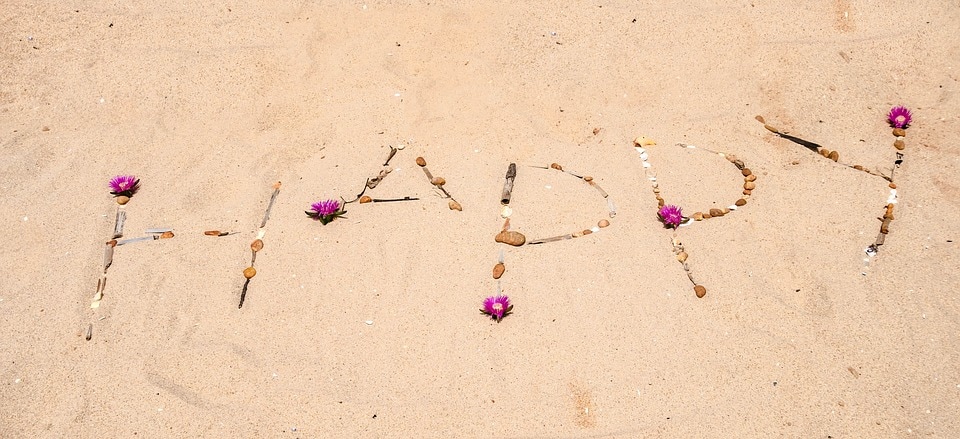

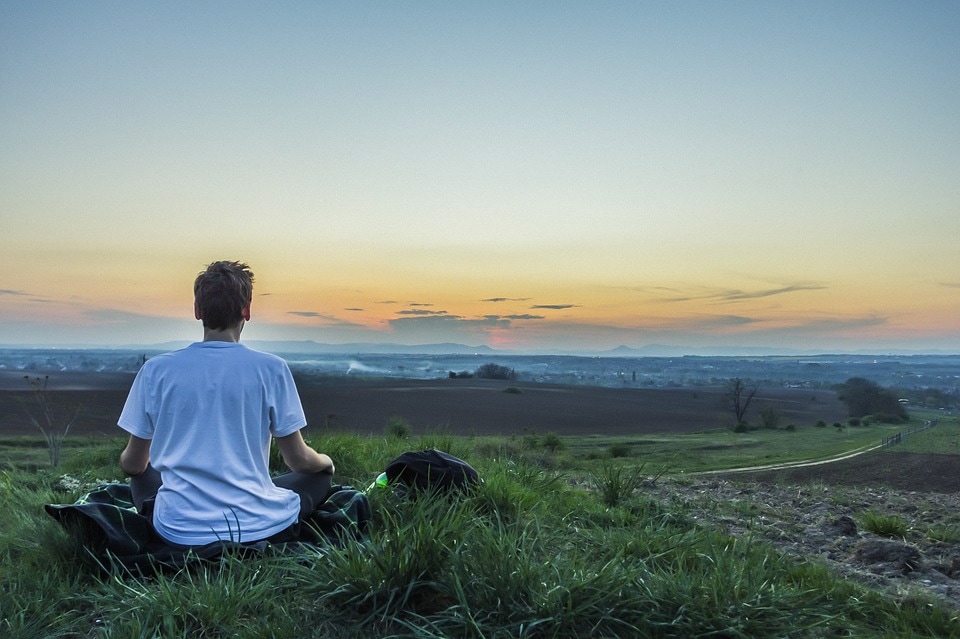
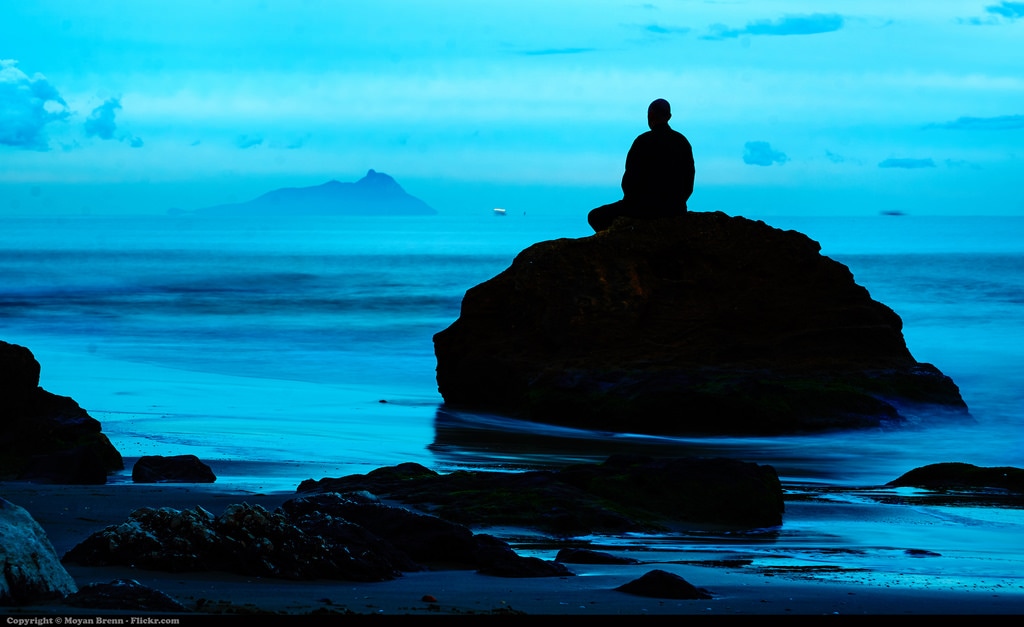
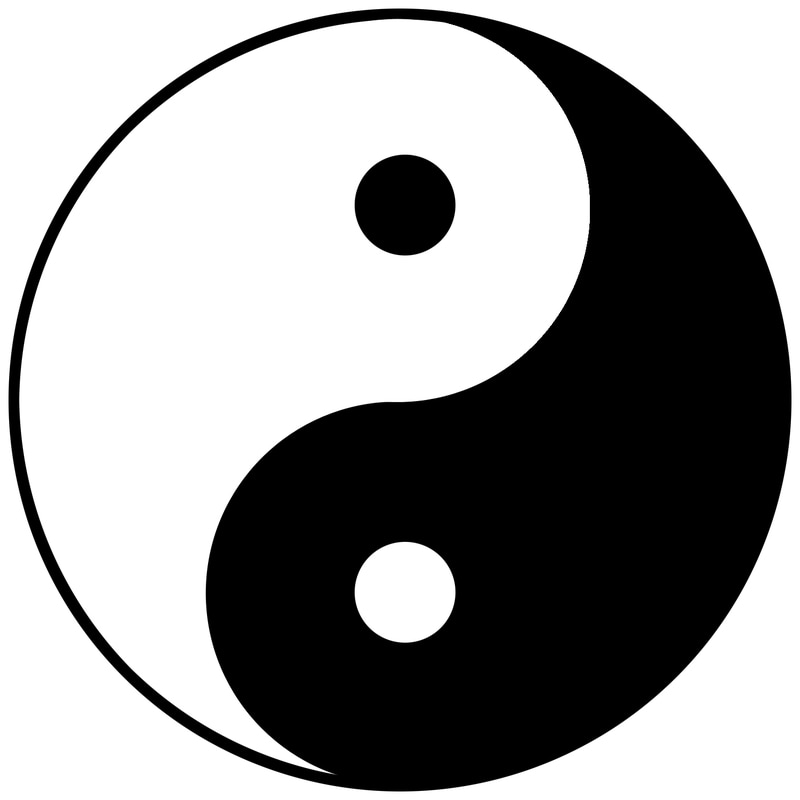
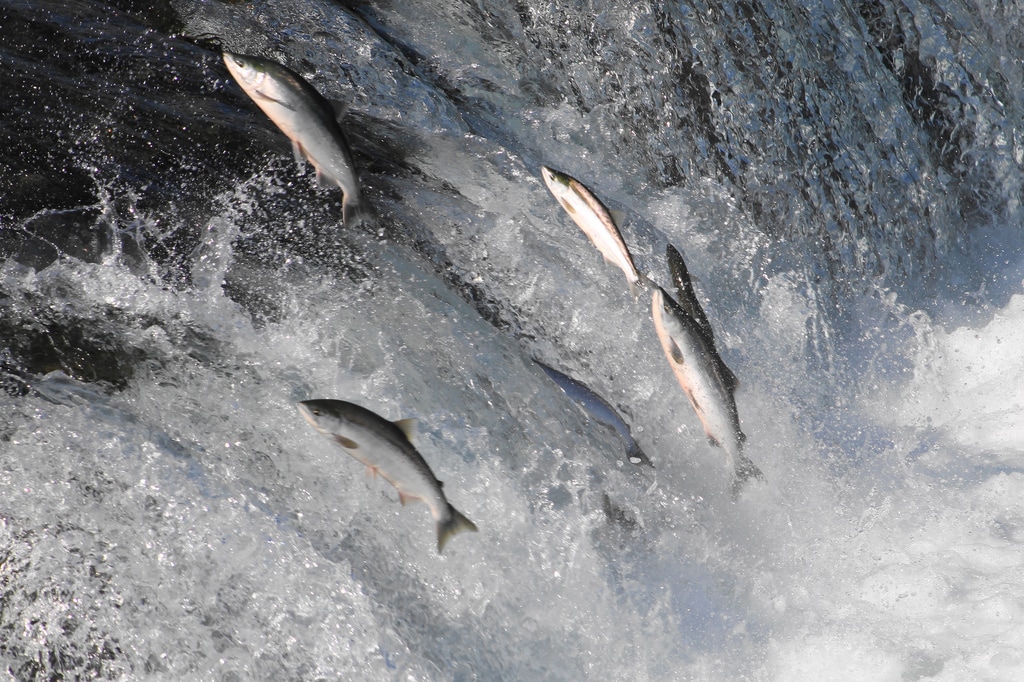
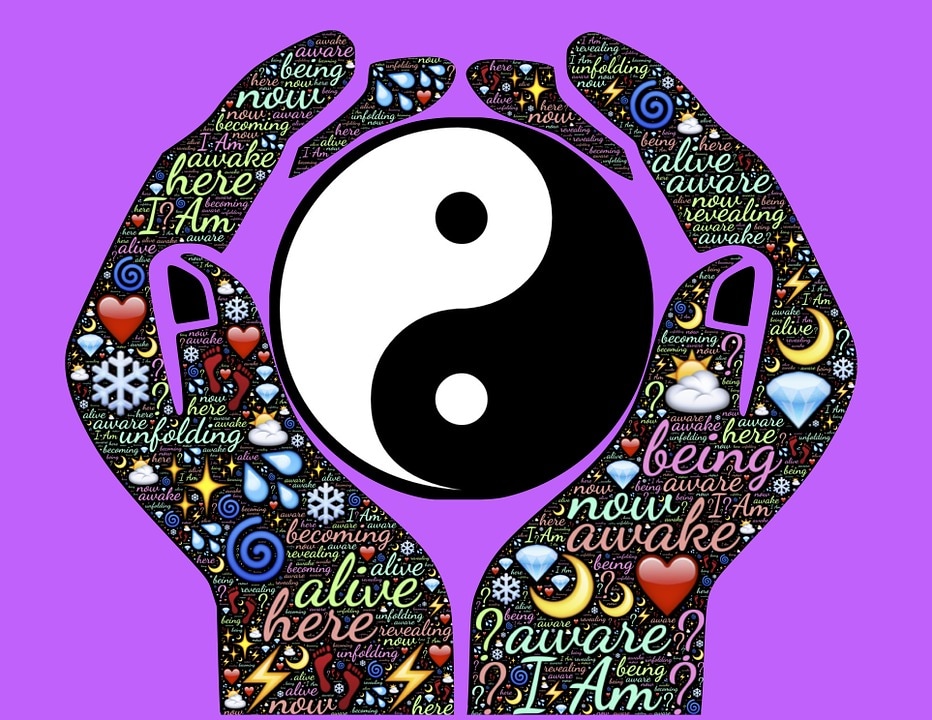
 RSS Feed
RSS Feed